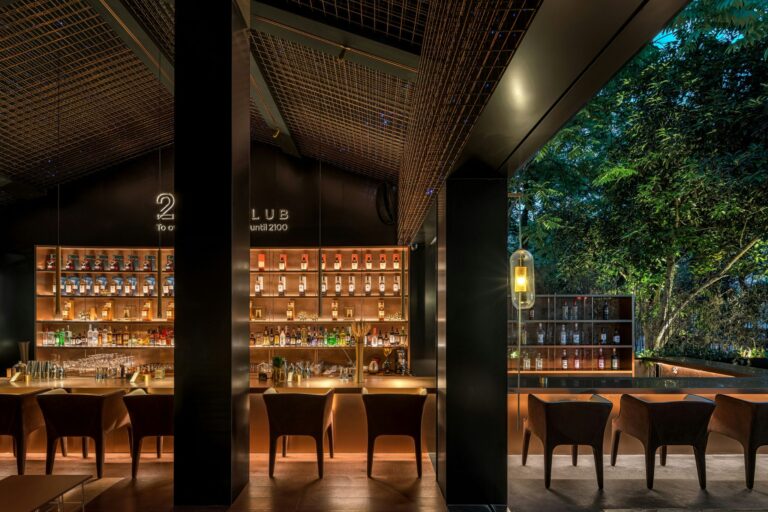The hospitality industry is always eager to embrace new strategies that streamline guests’ experience, comfort, convenience, and control.
There is no better indicator of this than the industry’s integration of AI technologies. Let’s delve into some of the interesting ways in which AI is revolutionising the hotel experience.
Voice-Activated Virtual Assistants
Voice-activated virtual assistants will enable guests to get the information they want and fulfil requests through simple voice commands. From when guests arrive at the hotel until they check out, they can use virtual assistants to check restaurant hours and pool schedules, make reservations, order room service, and book spa treatments.
Essentially, AI-powered virtual assistants can cater to guests’ every whim 24/7. This way, the technology will save guests time and enhance their overall experience.
AI Chatbots for Customer Service:
Hoteliers looking to enhance customer service have a game-changing tool in AI chatbots. The technology allows these intelligent bots to answer guests’ real-time questions about services, accommodations, and special requests on social media and hotel websites. Offering this 24/7 support ensures guests receive timely assistance, leading to increased satisfaction and loyalty.

Online Check-In Solutions:
Long gone are the days of waiting in line to check into a hotel. With AI-driven online check-in solutions, guests can prepare their documentation before arrival, expediting the check-in process upon arrival. Whether through dedicated applications or self-service kiosks, these innovations empower guests with greater control over their check-in experience, minimising wait times and maximising convenience.
Smart Room Sensors:
AI-powered room sensors represent a groundbreaking advancement in hotel management. These sensors can predict optimal cleaning times based on occupancy patterns, enhancing efficiency while respecting guests’ privacy. By leveraging AI technology, hotels can optimise housekeeping operations, ensuring that rooms are cleaned promptly and resources are utilised efficiently.

Dynamic Pricing and Revenue Management:
AI-powered revenue management tools enable hotels to set optimal room rates based on demand and market trends. By processing vast amounts of data, these solutions provide real-time recommendations and dynamic pricing structures tailored to maximise revenue. Additionally, AI facilitates targeted pricing strategies, ensuring room rates align with specific customer segments and booking behaviours.

Utility Predictions and Waste Reduction:
AI tools are vital in optimising resource utilisation and reducing waste within hotels. These solutions enable businesses to predict utility usage and optimise energy efficiency by analysing consumption patterns. Moreover, AI facilitates inventory management, allowing hotels to minimise food waste and ensure adequate supply.
In conclusion, integrating AI technologies is promising to enhance the hotel experience. From voice-activated assistants to dynamic pricing algorithms, AI empowers hotels to deliver unparalleled comfort, convenience, and control to guests. By embracing these innovations, hotels can stay ahead of the curve and provide unforgettable experiences that keep guests coming back time and time again.









